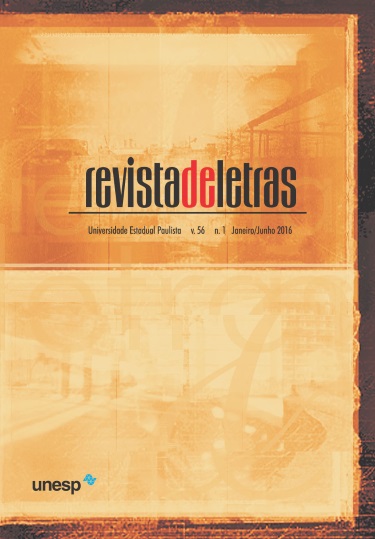Humanistic Education and Crisis of the Twentieth Century in Thomas Mann
Keywords:
Modernity, Thomas Mann, Humanism, Bourgeoisie, Art, European history,Abstract
We present the concept of humanism in Thomas Mann, as developed in his main works. The analysis of the inherited model leads to criticism of the ethics of European modernity in general, which he places as the cause of historical collapse. The author takes historical forces and fictionalizes them to show the reaches of a vital philosophy with a still unknown gravity. In the time of the First War he indicates the relation between a solidified bourgeoisie in solidarity with the German imperialism; In the time of World War, the uncontrolled display of primitive vitalisms, under the incestuous format of racism and its imposition through irrationality. As a novelist he places conflict in the concrete man; the failure of the great history of the world is shown in personal catastrophe. Through the topics of his novels he considers a rehabilitation of the idea of humanism.Downloads
Published
23/10/2017
Issue
Section
Contributions
License
Os manuscritos aceitos e publicados são de propriedade da Revista de Letras. Os originais deverão ser acompanhados de documentos de transferência de direitos autorais contendo assinatura dos autores.
É vedada a submissão integral ou parcial do manuscrito a qualquer outro periódico.
A responsabilidade do conteúdo dos artigos é exclusiva dos autores.
É vedada a tradução para outro idioma sem a autorização escrita do Editor ouvida a Comissão Editorial.

